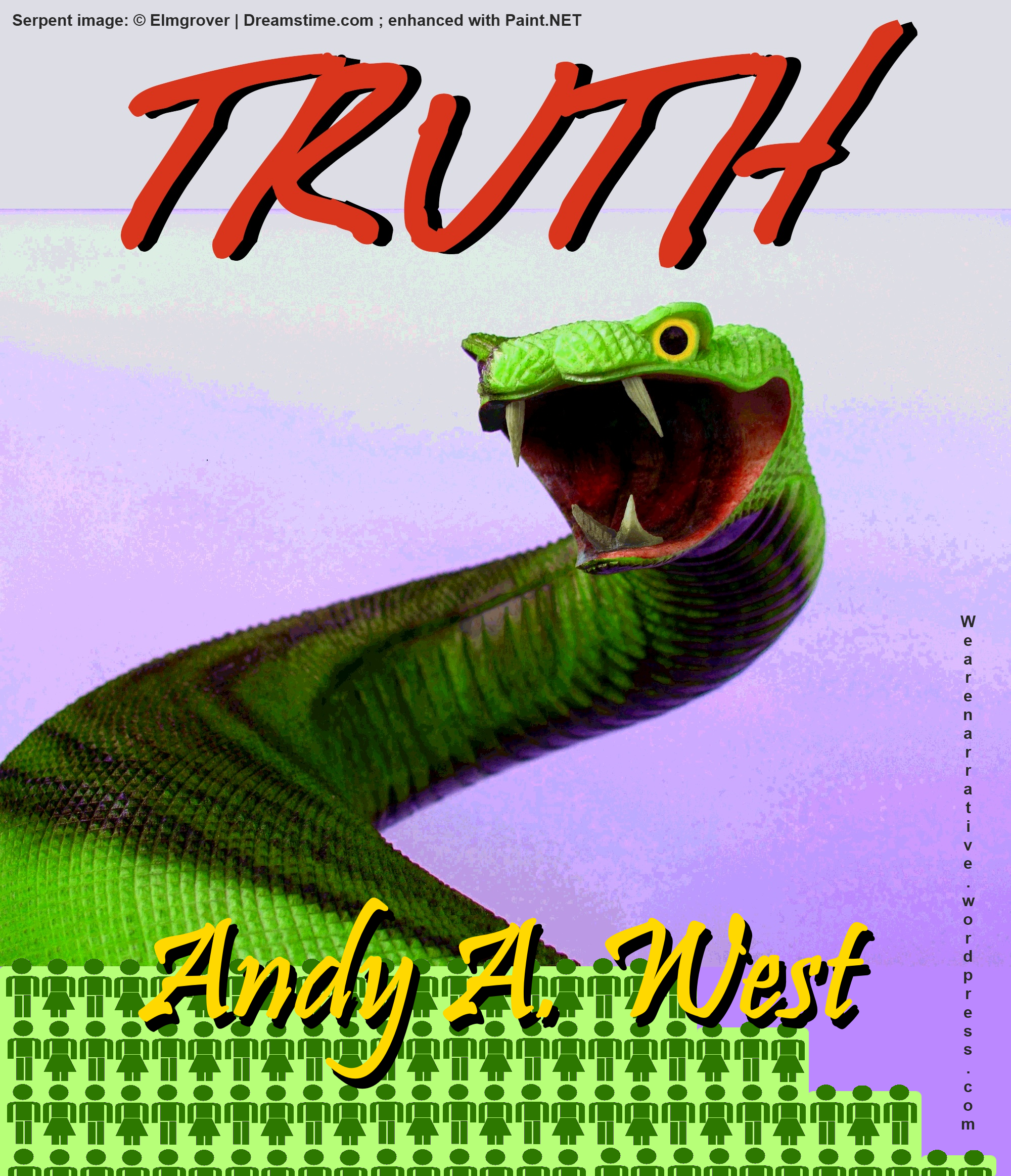Social Psychology places
Memetics places
Climate places
Monthly Archives: November 2015
Climate Culture
NOTE: from 20th November this Post was up at Climate Etc, the well known Lukewarmer blog of atmospheric scientist Judith Curry: http://judithcurry.com/2015/11/20/climate-culture/
A frequent topic at Climate Etc. is the ‘consensus.’ An argument is presented here that the climate consensus is as much about culture as it is about climate science.
For about 150 years we’ve been learning how cultures work and evolve. Great progress has been made on a wide range of topics such as the mapping of cultures, cultural coalitions, the categorization of underlying bias mechanisms, gene-culture co-evolution and others, even if much mystery remains, for instance at the fundamental level of what happens inside the mind regarding the social / individual interface, gnawed at from different directions by anthropology, memetics, psychology, neuroscience and other disciplines.
This accumulated knowledge on cultures is directly relevant to understanding the climate movement. So that we don’t have to relearn the 150 years experience again in the climate domain as though this is all something new, it is crucial to acknowledge the cultural nature of the consensus and bring this wealth of acquired knowledge to bear. Continue reading
Who is Who
Detecting a cultural position in debates, with focus on creationism and climate change.
- Classes of debate
There are different classes of debate. Some debates occur between two or more culturally defined (CD) positions, of which none are ‘correct’; all positions are simply a matter of cultural support and beliefs. An example of this class is the clash between two sides of a religious schism.
Some debates occur between evidentially defined (ED) positions where, nevertheless, the current state of knowledge is such that no resolution can yet be attained. In such a debate there is theoretically a ‘correct’ answer, despite it is not yet uncovered. An example of this class is the dark matter debate, on which the scientific method could take decades or longer to eliminate challenging uncertainties. In scenarios like this all competing positions claim evidential support, but the uncertainties are wide enough such that the total evidence cannot yet resolve candidate theories, and indeed may even include what seem to be (from a state of limited knowledge / data) complete contradictions.
Other debates are hybrids of the above cases, wherein one side is largely characterized by (an) evidential position(s) while the other side is largely characterized by a cultural position. In this ED versus CD class the ‘correct’ answer may, like the ED versus ED case above, simply be unobtainable yet. Or the correct answer may actually be available, but it is largely obscured by the cultural inertia working in opposition (and so also keeping a debate alive). Or the very process of obtaining an answer is likewise resisted and undermined by the opposing culture. An example of this class is the evolution versus creationism debate. Continue reading



